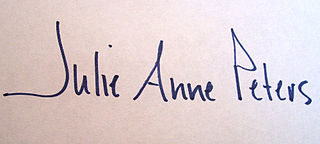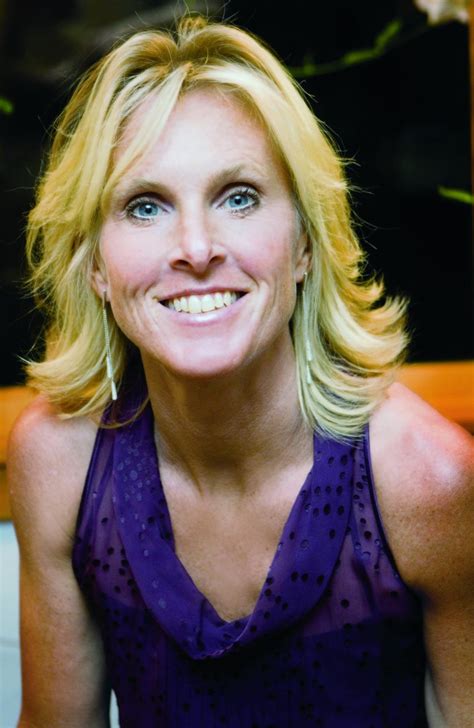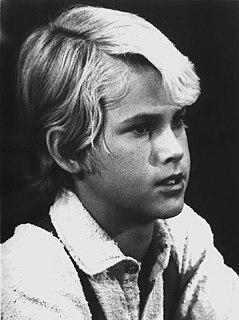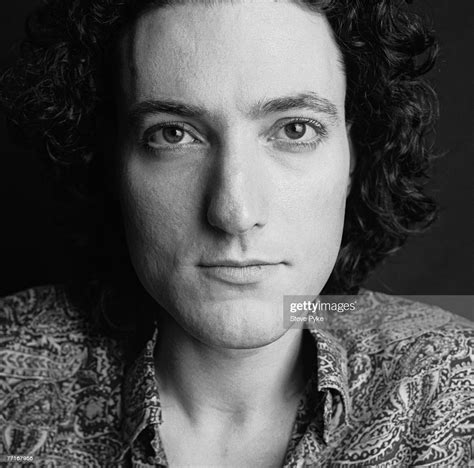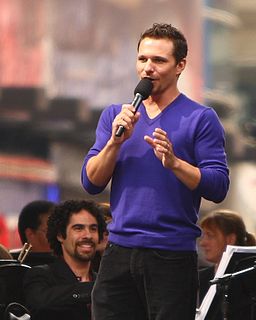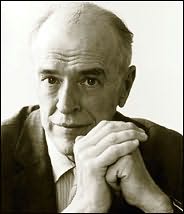A Quote by Anais Nin
Secrets. Need to disguise. The novel was born of this.
Related Quotes
So you actually need spectacles,” Leo finally said. “Of course I do,” Marks said crossly. “Why would I wear spectacles if I didn’t need them?” “I thought they might be part of your disguise.” “My disguise?” “Yes, Marks, disguise. A noun describing a means of concealing someone’s identity. Often used by clowns and spies. And now apparently governesses. Good God, can anything be ordinary for my family?
I don't sleep. All night long I'm wide awake, thinking, Secrets, secrets, secrets. There are secrets in my past no one needs to know. Secrets in my present that might kill Kim and Chip. I don't want to take my secrets with me when I go. When I pass through the light, i want to be free of everything and everyone.
I think that's true of real life - we don't ever know anyone completely. Secrets are very important to creating a narrative work that's believable. The characters come into that world with secrets, as happens to all of us. As honest as we try to be in our relationships, we can never completely know someone. From a narrative perspective it's very important and pleasing - you want to have those secrets there. The secret is an essential part of the creation of the novel.
I think everybody comes to the table with a different point of view and a different need...A lot of Beverly Lewis' material revolves around secrets and bringing those secrets to light. So, you know, there's always that theme, that...we're as sick as our secrets and once they're revealed we can be set free from them. So, that's definitely a theme that resonates.
Objectifying your own novel while writing it never really helps. Instead, I guess while you're writing you need to think: This is the novel I want to write. And when you're done you need to think: This is what the novel I wanted to write feels like and reads like and looks like. Other people might call it sweeping or small, but it's the book you chose.


